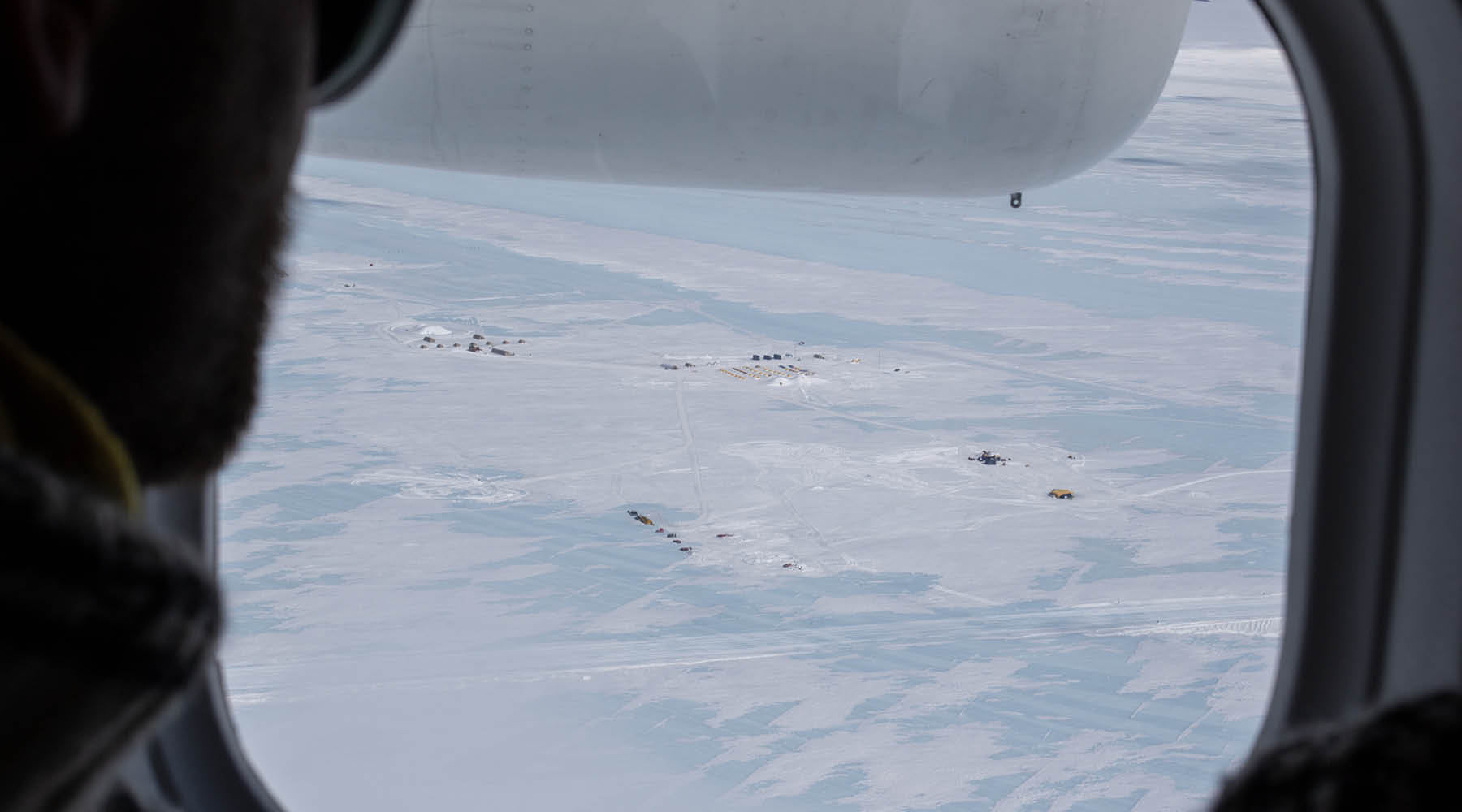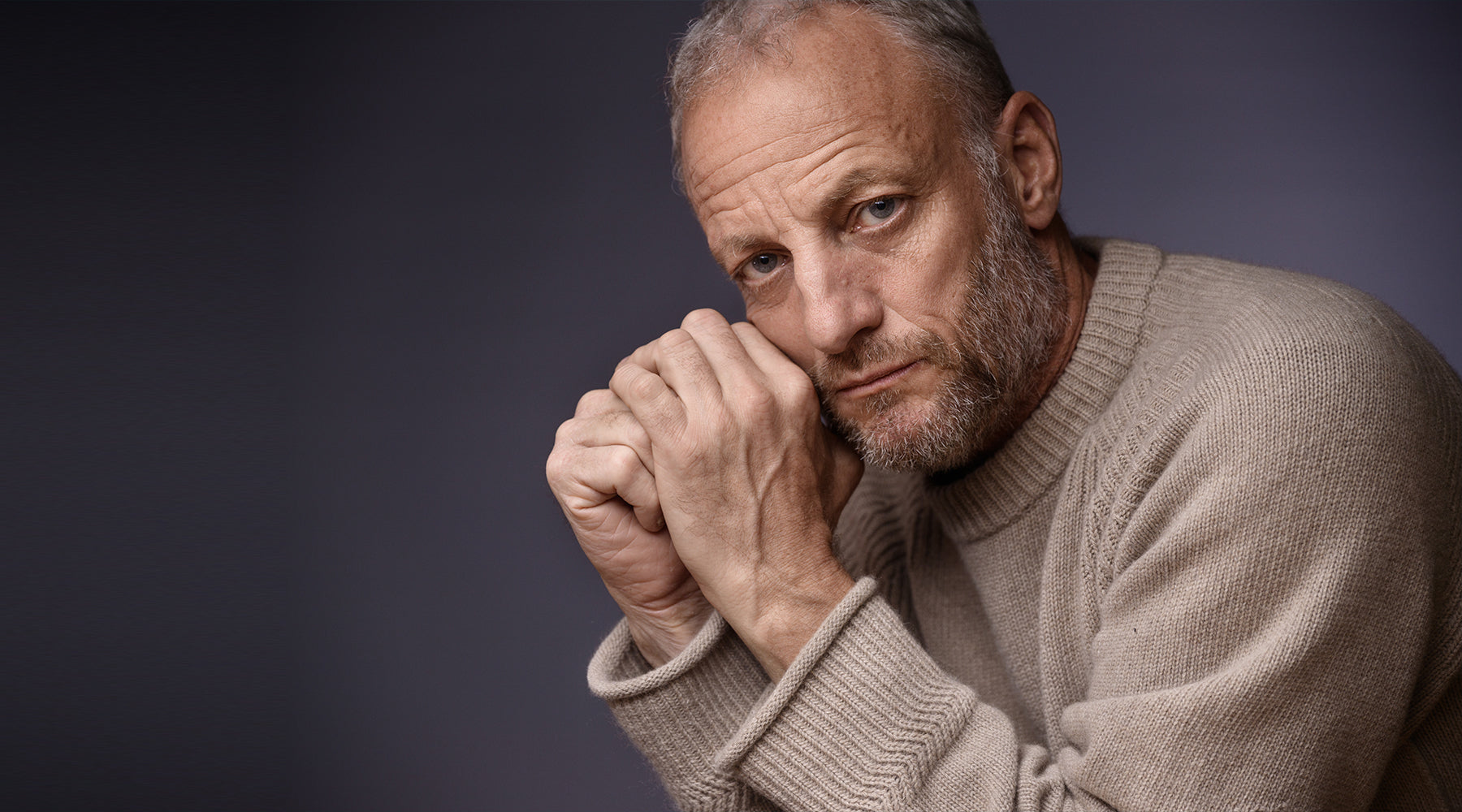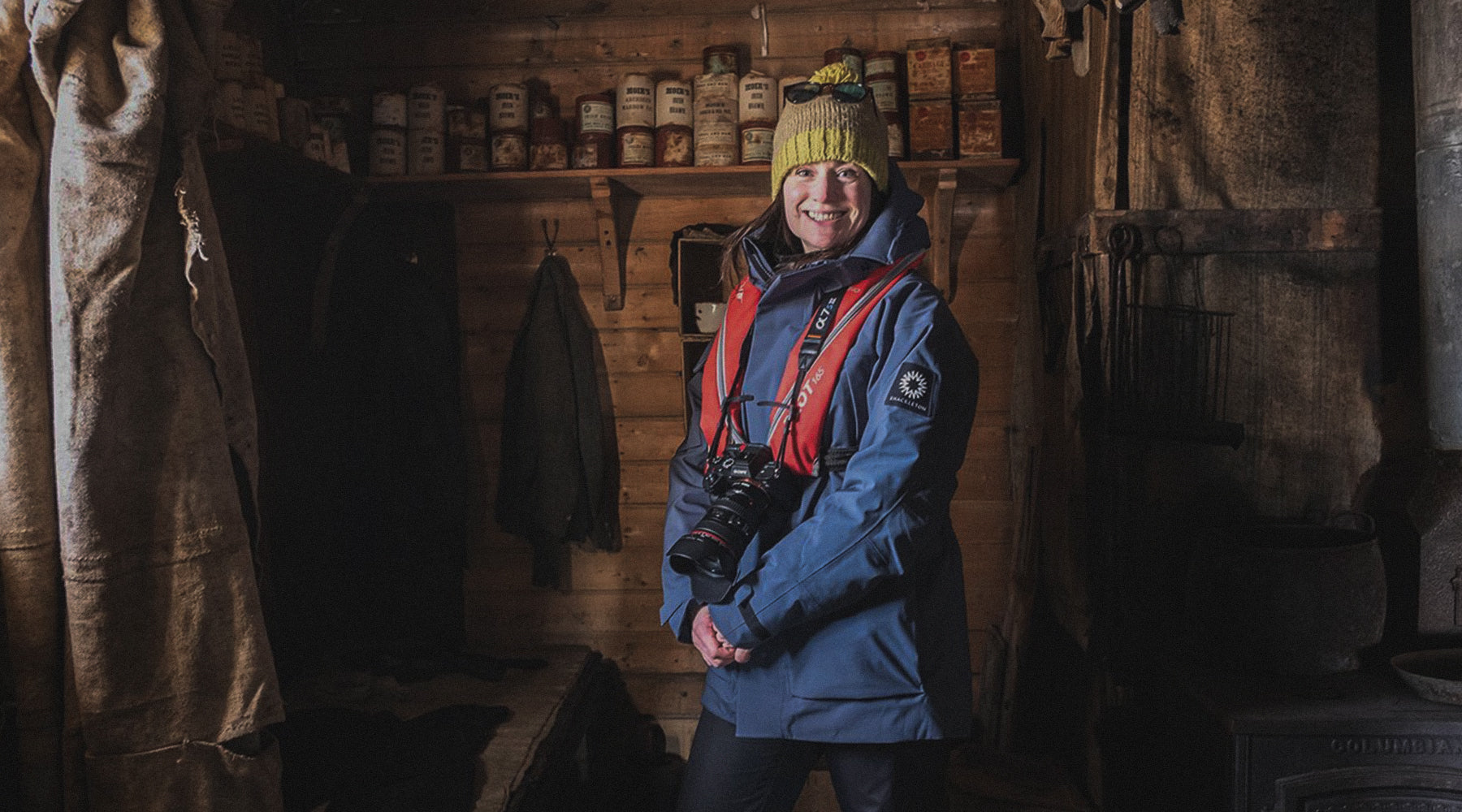
An Ecologist’s Guide to Davos - Dr. James Grecian
This year Dr. James Grecian has been chosen as Arctic Basecamp’s Scientist in Residence. He has just returned from the World Economic Forum in Davos, Switzerland, where he was invited to ‘speak science to power.’ Read on to learn more about his experience.
Every year, the world shifts its attention to Davos. For a week in January, this small Alpine town, nestled in a Swiss valley, becomes the epicentre of global geopolitics as it hosts the annual meeting of the World Economic Forum (WEF). Political leaders, business executives, academics and other influential figures from around the world gather to discuss the latest global economic and social issues.
Perched at the top of the funicular railway that leads away from the centre of Davos, Arctic Basecamp has been a hub for scientists and activists to speak science to power for the last nine years.
“They don’t really camp up here, do they?!” As I drop off my bags in my tent, I hear the surprise and bewilderment of the men and women in suits walking past the camp on their way to a reception at the neighbouring Schatzalp Hotel.
I’m here as Scientist in Residence for Arctic Basecamp, a collaboration I hope will give me a platform to share my story of how our polar ecosystems are in flux - and urge leaders to do everything in their power to address the climate and nature emergency.

Image Credit: Arctic Basecamp
While the World Economic Forum (WEF) meeting itself is accessible only to a select few, hundreds of satellite events spread throughout Davos during the week. At Arctic Basecamp, we have a packed schedule of talks and events, starting on the Sunday night with a "Circle of Hope." Youth Ambassadors, climate leaders, and activists gather around fire pits, share their stories, and discuss their hopes and aspirations for the coming week.
In the last three years, Swiss glaciers have lost more ice than they did in the 30 year period between 1960 and 1990. Walking around Davos, the contradictions on display are striking. Opposite the Climate Hub, an almost constant traffic jam of luxury SUVs fills the street - many with drivers idling their engines while waiting for passengers to finish meetings in the various pop-up stores and country "houses" that take over the high street for the week. Roughly 1,000 private jets will fly in and out of the airports serving Davos, while helicopters buzz up and down the valley. Meanwhile, climate protesters block traffic on the roads leading into town.
This year, we don’t really need expedition gear for camping. There is far less snow than in previous years, and while our down sleeping bags are rated to -40°C, temperatures never drop below -6°C.
All conversations in Davos seem to gravitate toward Trump’s second inauguration or the challenges and opportunities of Artificial Intelligence. But despite the shifting political winds, I am encouraged by those addressing the climate crisis. Jesper Brodin, the CEO of IKEA, discusses how the company has reduced carbon emissions by 30% while increasing profits by 24%. Several engaging sessions in the Sustainable Development Goals (SDG) Tent, the WEF Open Forum, and the Climate Hub reassure me that tackling the climate crisis is still on the agenda. For businesses, addressing climate change is seen as a necessary step in de-risking their operations. Afterall, climate risk is business risk, and the LA fires loom large as an omen of the economic and human cost.
However, I hear almost no discussion of the biodiversity crisis. The only mention comes during a session outlining the path to Brazil hosting COP30, the UN Climate Change Conference set to take place in Belém later this year. In this session, I hear inspiring and passionate words from leaders, including former Brazilian Minister of the Environment Isabella Teixeira, but we’re crammed into a side room in the SDG Tent. I worry these discussions aren’t being mirrored across the broader WEF community.
During the week, I keep returning to a quote from American naturalist Aldo Leopold:
"One of the penalties of an ecological education is that one lives alone in a world of wounds. Much of the damage inflicted on land is quite invisible to laymen."
Previous WEF estimates suggest that half of global GDP depends on nature, yet many in Davos seem to forget this interdependence in their pursuit of profit.
I finish the week reading that even if we limit global warming to 1.5°C above pre-industrial levels, by the end of the century we will likely lose 90% of the glaciers in the Alps. The UN has declared 2025 the International Year of Glacier Preservation and at Arctic Basecamp we’re joined by surprise guest Yo-Yo Ma who helps us to “perform hope for the glaciers”.
Many in the audience—including myself—are moved to tears. First, I outline the threats glaciers face. Then, Yo-Yo plays three pieces. The first, he performs with his back to us, playing through a blizzard toward the mountains and Davos below.
It is a poignant reminder that music can bring us together, move us, and give us a sense of hope. Leaving Davos, I wonder how we turn that hope into action.
Unleashing Impact: How Do we Turbocharge Action?
Day 3 - We Don't Have Time Davos Hub, January 22, 2025
Read more from Dr. James Grecian on the Shackleton journal: The Snow Petrels of Svarthmaren and Exploring Lake Untersee.


